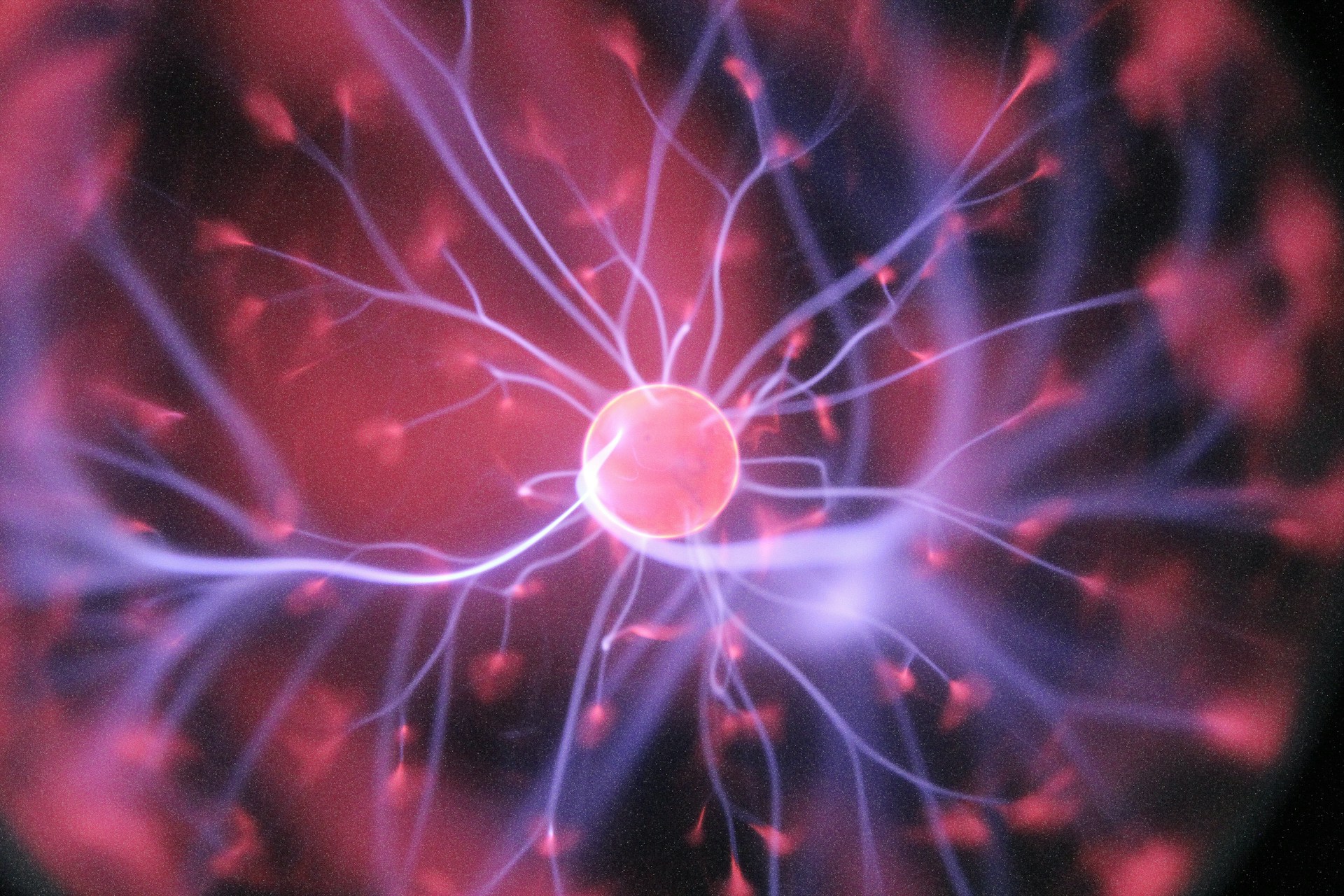Health
How Trauma Transforms the Brain: Insights from a Groundbreaking Study

We often hear about the profound effects of experiencing trauma firsthand, particularly in relation to post-traumatic stress disorder (PTSD). However, the impact of merely witnessing traumatic events has remained less understood. A recent study conducted by researchers at Virginia Tech sheds light on this area, which accounts for up to 30% of all PTSD cases.
This groundbreaking research reveals that the brain undergoes distinct chemical changes when an individual witnesses a traumatic event, as opposed to experiencing it directly. Such findings could pave the way for more targeted treatments for PTSD.
The inspiration for this study stemmed from the tragic collapse of a condominium in south Florida in 2021. Observers who were not directly involved with the incident began to exhibit symptoms such as nightmares, insomnia, and anxiety.
“We sought out to understand the brain mechanisms behind how that occurred,” explained Timothy Jarome, associate professor of neurobiology at Virginia Tech, who led the study.
The researchers identified unique protein changes in the brain triggered by the fear stimulus in those who witnessed trauma. They also uncovered sex-specific differences in how male and female brains process fear memories.
This study builds upon earlier research, including a 2016 study by the American Physiological Society, which highlighted the critical role of distinct brain regions in processing fear memories. Reversing the information flow in these brain structures is crucial for effective PTSD treatment.
Additionally, a 2023 study from the University of California San Francisco found that individuals with moderate or severe PTSD who received MDMA-assisted psychotherapy were “about twice as likely to recover from their trauma as those who took a placebo.”
For those who have experienced or witnessed traumatic events, seeking help from a licensed mental health professional is essential. Psychologists, psychiatrists, clinical social workers, or mental health counselors can offer the necessary resources to navigate the effects of PTSD. The National Center for PTSD, primarily focused on assisting veterans, is also a valuable resource for anyone affected by trauma.
Let us know what you think, please share your thoughts in the comments below.
